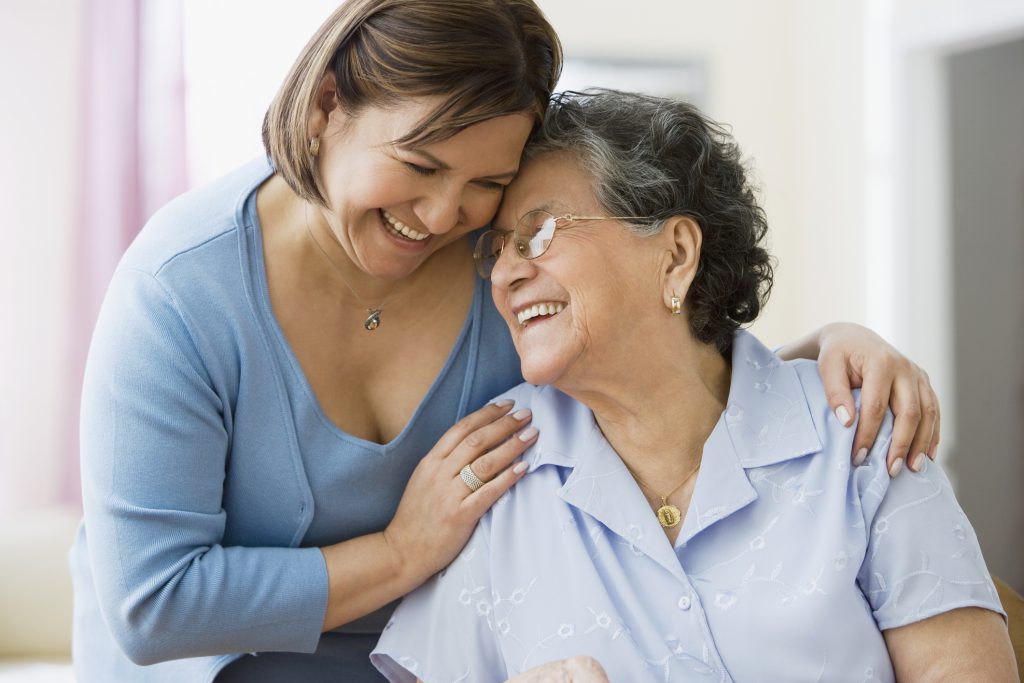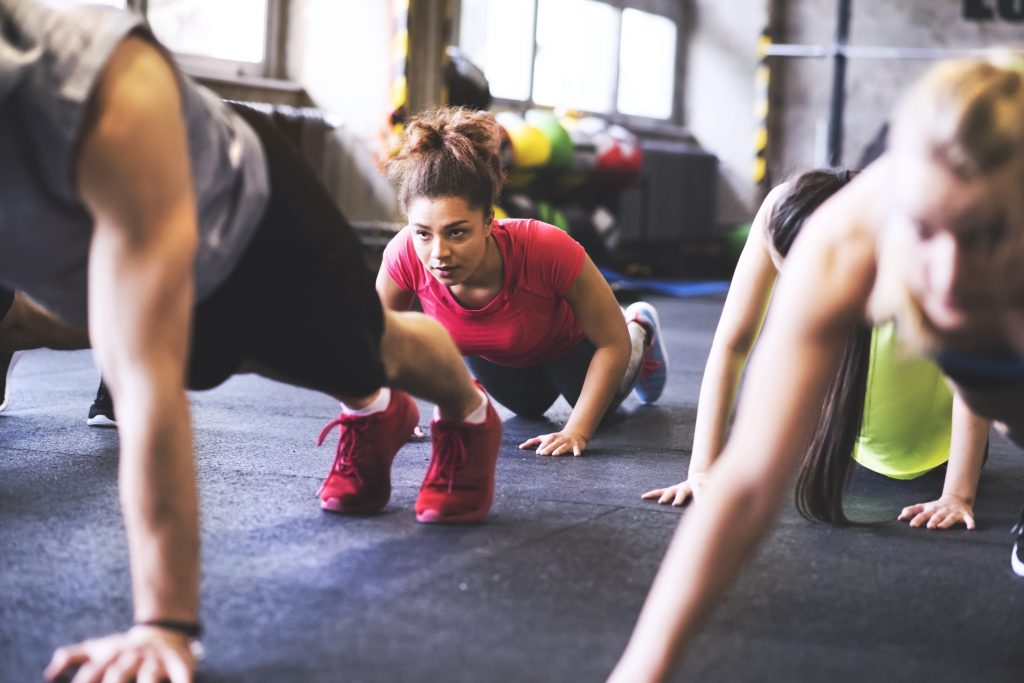If there's one time of the year when we're inclined to give thanks, it's during the holidays. However, displaying gratitude doesn't need to be limited to the holiday season. In fact, the benefits of thankfulness can be felt year-round, as research shows.
The good news about practicing gratitude and thankfulness is that anyone can do it, and it's easy to start. It only takes a few minutes of being actively thankful and grateful each day to improve your life both at work and at home.
Here are some ideas for how to practice gratitude and thankfulness.
Learning how to be thankful
When it comes to incorporating gratitude and thankfulness into your life, there is no one-size-fits-all way to do it. Rather, there are very small and simple actions you can take daily or weekly that will help you get more comfortable with the concept.
- Start a journal — One common suggestion to help you get started with thankfulness is to start a gratitude journal. Before you go to bed, write down a handful of things you're thankful for — just that small action helps make a difference.
- Embrace your strengths — When confronted with stressors in your life, one way to deal with them is to lean on your strengths. Acknowledge what you do well and how you can use your strengths to tackle issues you can control. Find ways to flip that stress into something that can make you feel better.
- Create a schedule — If you're struggling to find the time to practice gratitude, put it on your schedule. You don't need more than just a few minutes a day to find a quiet moment to think about all the good things in your life.
- Find what works for you — Everyone responds to stress, bad news and adversity in different ways, and the same is true when it comes to practicing gratitude. Learn how to embrace your unique personality and define concrete steps that can make practicing gratefulness easier for you.
Benefits of gratitude
Practicing gratitude doesn't just make you feel better (though that can be reason enough) — it has practical benefits for your work and personal life, as well. Here are just a few reasons you may want to incorporate thankfulness into your routine.
- Better overall health — The Greater Good Science Center based at the University of California, Berkeley found that study participants who kept an online gratitude journal for two weeks reported better physical health, "including fewer headaches, less stomach pain, clearer skin, and reduced congestion."
- Improved sleep — More and more people are coming around to the fact that a good night's sleep plays a huge role in your mental and physical health. Improving your sleep can improve your health, and practicing gratitude is one way to do it. Research shows that practicing gratitude before going to bed may lead to longer and more refreshing sleep.
- More empathy — "If you count your blessings, you're more likely to empathize with other people," said University of Kentucky psychology professor Nathan DeWall when discussing his research on gratitude and aggression. Emotional intelligence, including empathy, is something that matters at home and at work now more than ever. Being able to recognize when others are struggling or need support, even if the form of a simple "thank you" or "great job" can boost both personal and professional relationships.
Sometimes, small actions can make a big difference in your life. Practicing gratitude is often proof of that. Spending a few minutes a day thinking about the things you're thankful for can lead to lasting benefits at home and at work.
Interested in more ways to improve the way you live and work? Try out these eight tips for becoming a better listener.
WEB.2257664.10.20





 To exercise your privacy choices,
To exercise your privacy choices,